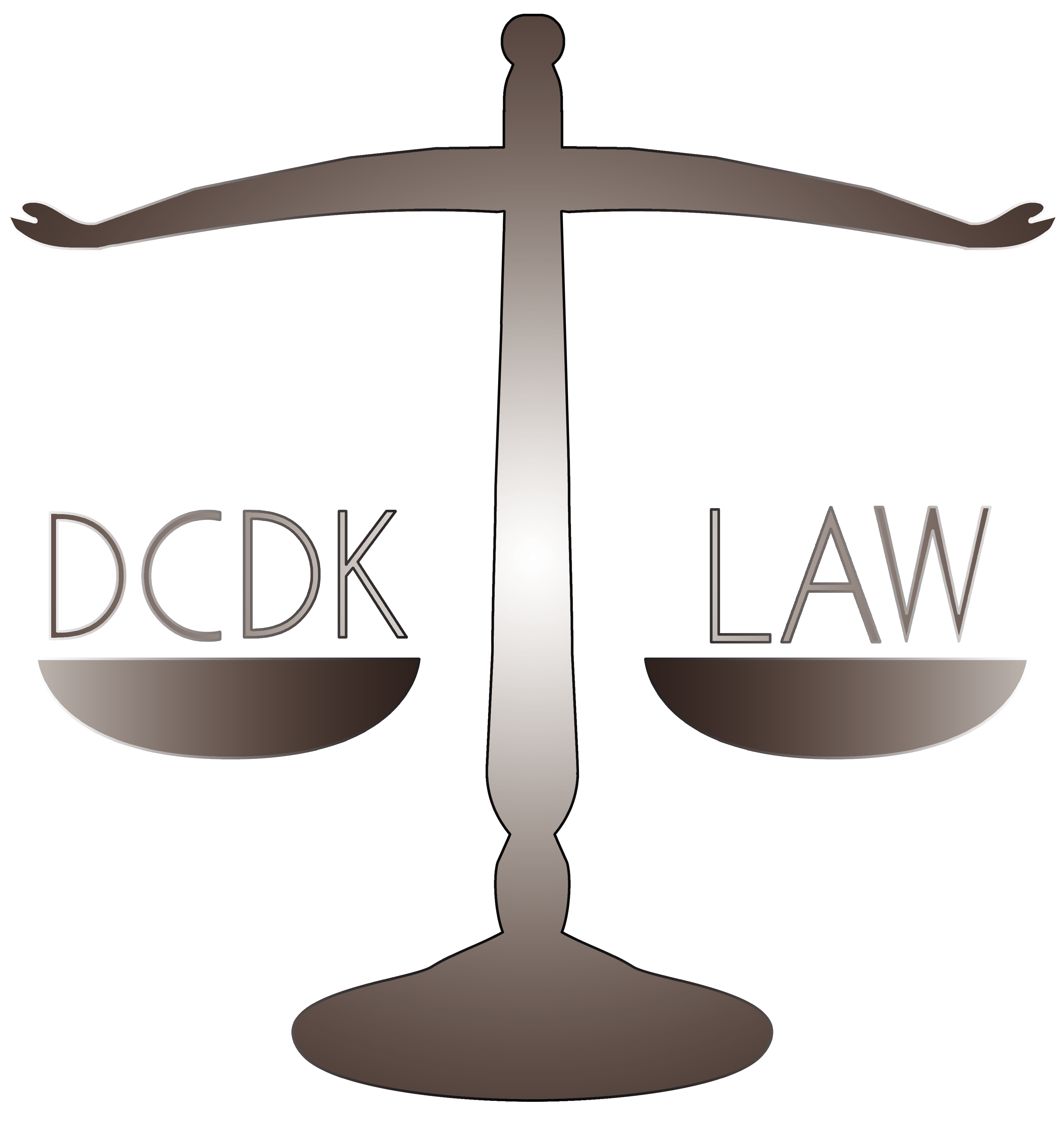If you are a United States citizen or permanent resident, you may legally petition for members of your family to immigrate to the United States. The following categories are eligible to immigrate as relatives of U.S. Citizens:
- Spouses — Immediate Relatives.
- Parents — Immediate Relatives.
- Unmarried Children (under 21 years of age) — Immediate Relatives.
- Unmarried Children (21 and older) — Preference Category F1.
- Married Children (21 and older) — Preference Category F3.
- Siblings — Preference Category F4.
Permanent residents can also petition for certain family members. The preference categories are not identical, and the wait times are not the same – in some cases it may be quicker to petition for your relative before you apply for your American citizenship. DCDK Law can advise you on the best path forward for you and your family.
Immediate Relatives are not subject to visa limitations. However, those who are considered Preference Category Relatives may take more time. They are only eligible for visas or immigrant status once their priority dates have been reached.
Basic Requirements
In order to file a petition for a relative, the U.S. Citizen Petitioner must complete the I-130 with USCIS. The applicant must enclose supporting documentation confirming proof of American citizenship as well as proof of relationship to the beneficiary. Depending on the country and category under which your relative falls under, visa wait times can range from no wait time to over ten years. Priority dates can be tracked under the Visa Bulletin, which is released by the Department of State every month.
Required Documents
Evidence and documents that you will need to include, but are not limited to the following:
- Birth Certificates
- Marriage Certificates
- Divorce Certificates
- Death Certificates
- Proof of U.S. Citizenship
- Proof of Financial Ability to Support the Immigrant
Any foreign document not in English must be accompanied by a certified English translation.
There may be additional documents that you may need to obtain depending on the facts and circumstances of your case. DCDK Law can help you identify which documents may or may not be sufficient as well as spot any potential legal issues that may interfere with your relative’s immigration. Some very common problems include:
- Lack of birth documents.
- Lack of identity documents.
- Insufficient or unreliable birth documents.
- Insufficient or unreliable marriage documents.
In addition, there may be legal issues that affect the case including:
- Previous periods of presence in the U.S.
- Previous applications for visas.
- Entry issues.
- Criminal issues.
- Fraud or misrepresentation issues.
- Previous marriages.
- Adjustment of status eligibility.
To schedule a consultation, please contact our office or email us for more information.

